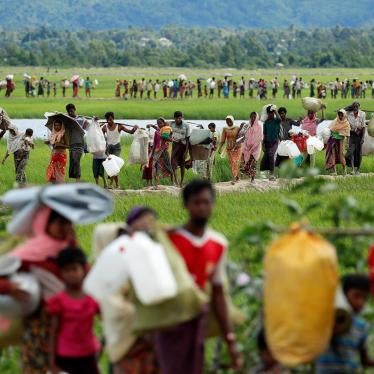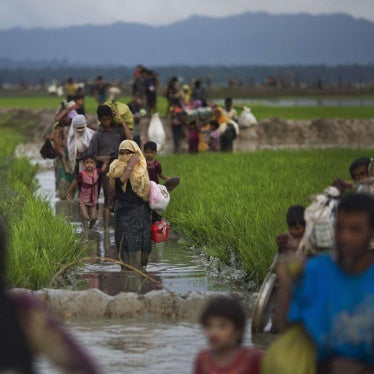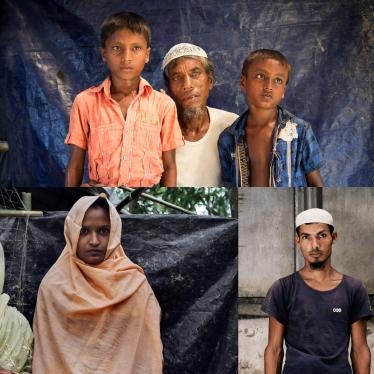(New York) - A proposed amnesty law in East Timor could undermine due process and equal protection of the law and allow those responsible for some of the most serious rights abuses to go unpunished, Human Rights Watch said today.In a letter to the newly elected East Timorese leadership, Human Rights Watch expressed concern that the amnesty law pending in parliament contains vague and broadly written provisions that would lead to serious problems if adopted.
"It is difficult to achieve reconciliation without justice," said Mike Jendrzejczyk, Washington director for Asia at Human Rights Watch. "We hope that parliamentary debate will lead to a stronger law that will allow realization of these complementary objectives."
The letter was sent to President of the Parliament Francisco Gutteres, Prime Minister Mari Alkatiri and President José Alexandre Gusmão on July 16, 2002. (See full text of letter in related materials, in English and Bahasa Indonesia.)
President Gusmão has long advocated an amnesty to speed reconciliation in East Timor after almost three decades of conflict and Indonesian occupation. Amnesty is also seen as a way to encourage the return of thousands of East Timorese now in refugee camps in Indonesian West Timor. The proposed law is primarily meant to address crimes committed during the Indonesian occupation and an explosion of violence by Indonesian-armed militias, following a referendum on independence in September 1999.
The draft law was to be passed by May 20 independence celebrations, but was withdrawn for revisions before being resubmitted to the parliament by the cabinet. The draft extends amnesties to all of those guilty of crimes against property prior to May 20, 2002, and to any members of the resistance not guilty of war crimes, crimes against humanity or genocide. It also extends sentence reductions to all other prisoners, including those convicted of crimes against humanity.
The law fails to clearly define crucial terms such as violent crimes. Nor does it specify a process for making difficult distinctions regarding membership in the resistance or what it means to be compelled to join a militia. These gaps raise fears of violations of due process and the possibility that perpetrators of serious crimes could go unpunished.
If not carefully designed and implemented, amnesties may undermine reconciliation efforts and weaken the rule of law, Human Rights Watch said. In Dili, Nobel laureate Bishop Carlos Filipe Ximenes Belo and nongovernmental organizations have also raised concerns about the draft amnesty law.
Human Rights Watch urged the Timorese parliament to continue to solicit the input and views of East Timorese citizens, nongovernmental organizations and civil society institutions when considering the law.







